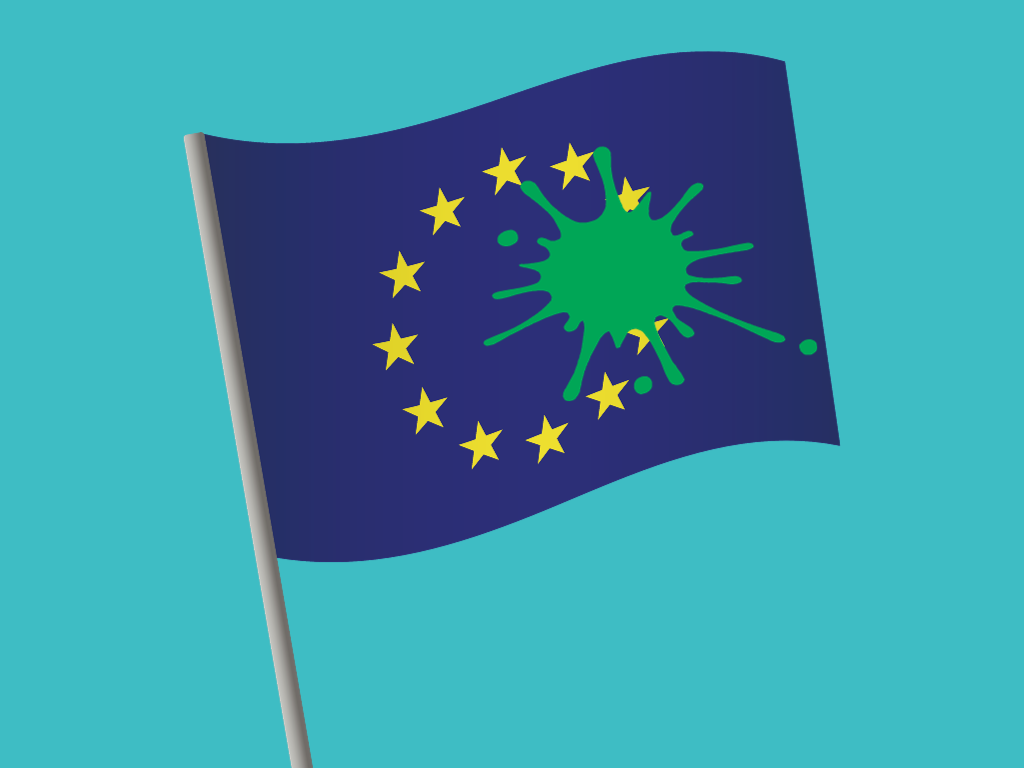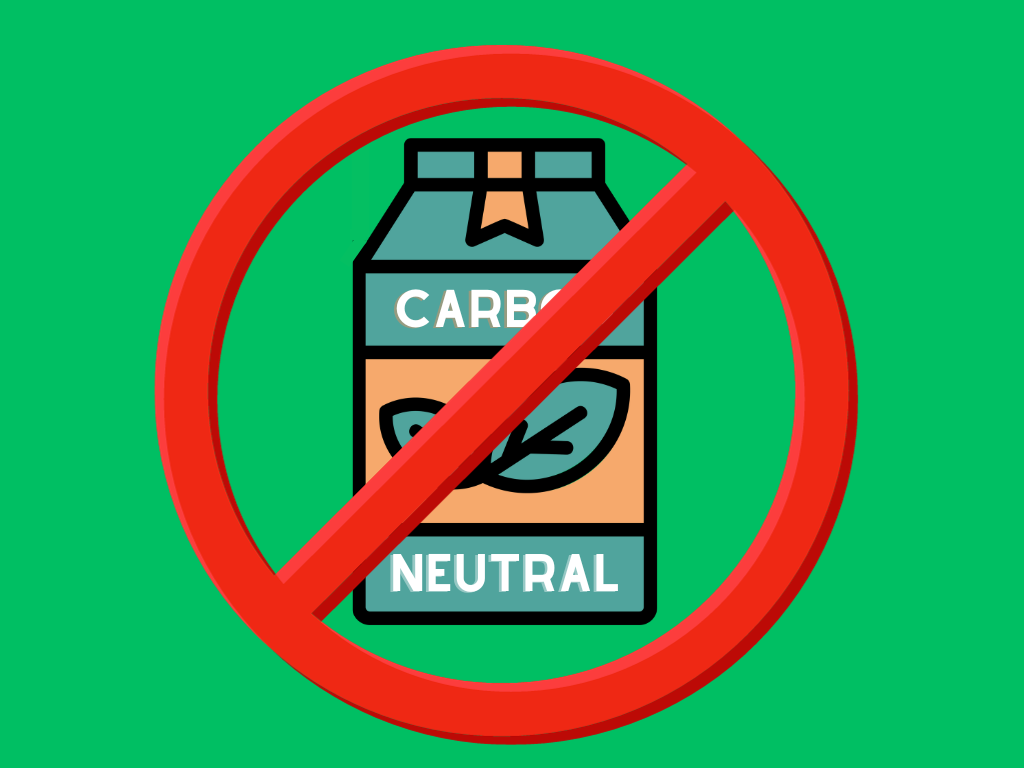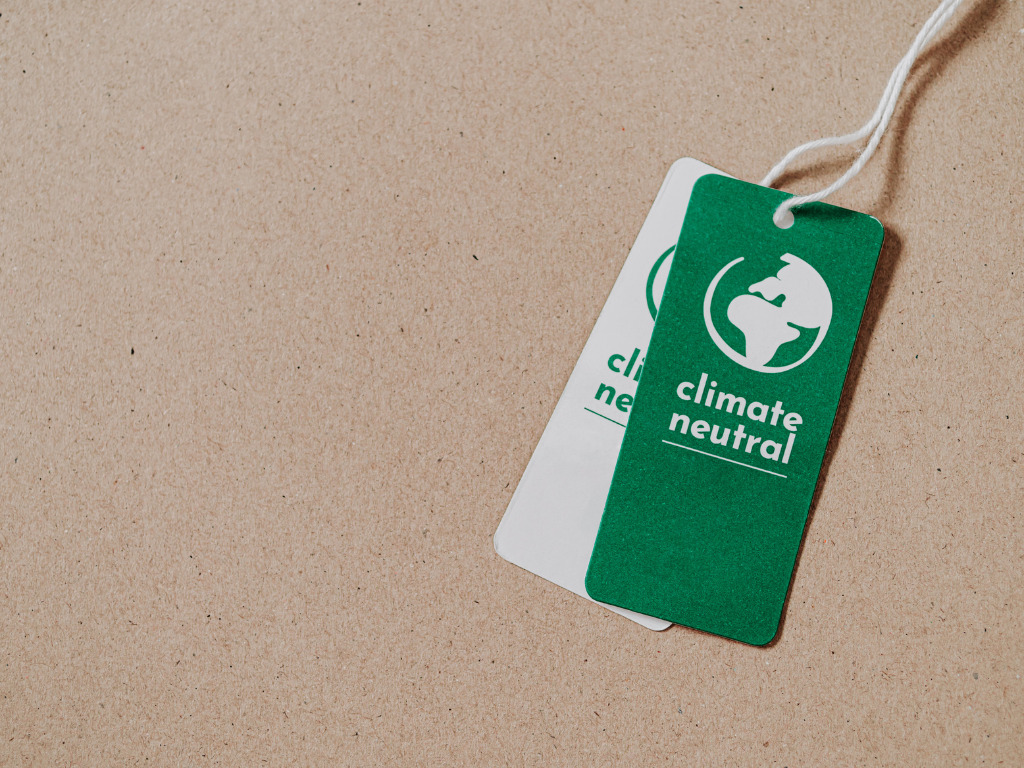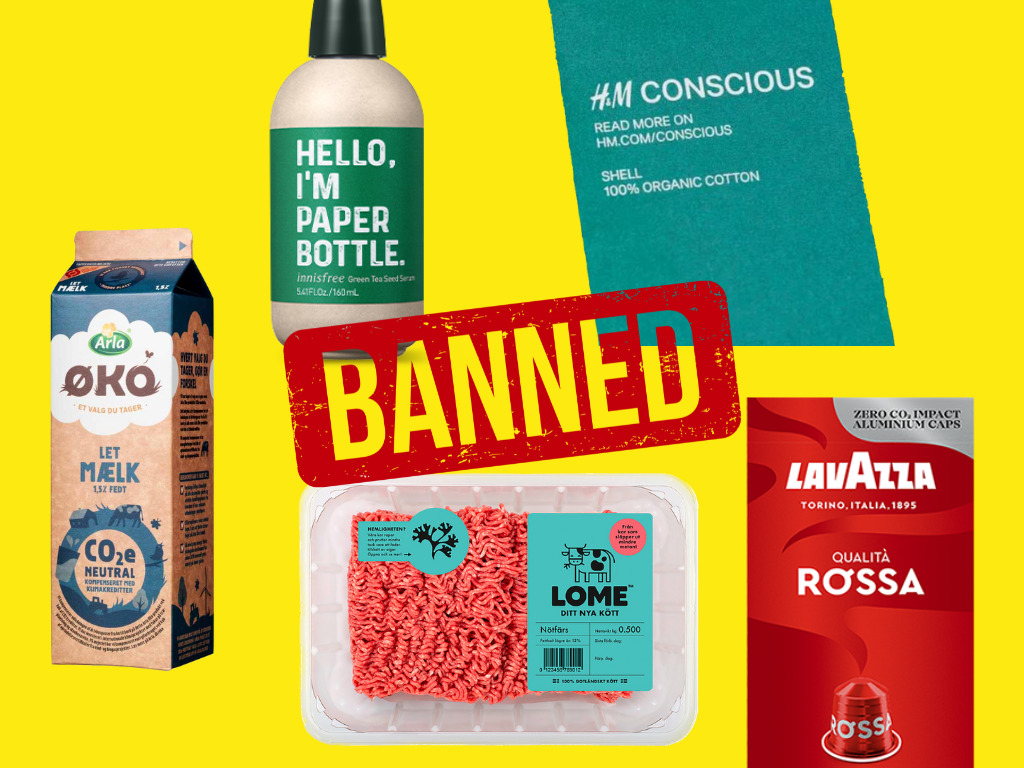EU Greenwashing Ban: Everything You Need to Know About the Who, the What & the When
6 Mins Read
Last week, the EU finalised a new law designed to curb greenwashing, which will ban the use of terms like ‘carbon-neutral’ from product claims. Who does this affect, when does it come into effect, and what can’t you say anymore? Here’s what you need to know.
In March 2022, the EU laid out a proposal for its Empowering Consumers for the Green Transition directive, looking to ban companies from promoting misleading claims about the sustainability credentials of their products. Now, the EU has tentatively agreed to vote the proposal into law, which would effectively ban greenwashing in the region.
It’s designed to help consumers spot greenwashing. A 2021 poll across four EU countries revealed that 53% of consumers can’t identify greenwashing claims on product packaging. It followed a study the year before by the EU Commission, which found 53.3% of environmental claims made by companies were “were vague, misleading or unfounded” and 40% “completely unsubstantiated”.
Here’s what you need to know about the EU’s proposed greenwashing ban.
Who does it affect?

The crackdown on greenwashing is expected to impact multiple industries – essentially, of course, all companies that sell consumer products. But the ones most affected would include the food and beverage sector, the travel industry (including aviation), fashion and clothing brands, as well as technology and appliance companies.
Apart from the consumer sector, this ban is also set to heavily impact the voluntary carbon market, which deals with carbon offsets and credits. These practices have been proven not to work, and with the new regulation, their efficacy to claim they’re green will be further diminished.
For example, airlines that offer an offsetting option for travellers who pay a small fee will no longer be allowed to make carbon/climate-neutral flying claims. “There is no such thing as ‘carbon-neutral’ or ‘CO2-neutral’ cheese, plastic bottles, flights or bank accounts,” said Ursula Pachl, deputy director of consumer advocacy group BEUC. “Carbon-neutral claims are greenwashing, plain and simple. It’s a smoke screen giving the impression companies are taking serious action on their climate impact.:
Gilles Dufrasne, global policy lead at Carbon Market Watch, added: “The EU is sending a powerful signal to the voluntary carbon market: the era of offsetting is over, and carbon credits can’t make up for buyers’ pollution.”
What can’t you say now?

The EU’s new directive has a list of terms companies can’t use on product labels any more. Perhaps the most striking one is ‘carbon-neutral’, a widely used term across industries. A 2,000-person survey has found that while 40% of consumers are confident in interpreting ‘carbon-neutral’ labels, while the majority still don’t know what the term means.
The terms the EU Parliament and Council agreed ban include:
- Carbon-neutral
- Climate-neutral
- Environmentally friendly
- Eco-friendly
- Eco
- Green
- Natural
- Biodegradable
- Carbon-friendly
- Carbon-positive
- Energy-efficient
- Bio-based
- Biodegradable
- Nature’s friend
- Ecological
- Environmentally correct
- Gentle on the environment
- Broader statements including the words ‘conscious’ and ‘responsive’
While this is not an exhaustive list, the idea is to ban generic environmental claims, unless companies can provide “proof of recognised excellent environmental performance relevant to the claim” – which could include compliance with official EU regulations or recognised green labelling schemes.
“For example, the claim ‘biodegradable’, referring to a product, would be a generic claim, whilst claiming that ‘the packaging is biodegradable through home composting in one month’ would be a specific claim, which does not fall under this prohibition,” explains the EU’s directives document.
The EU also stresses that companies can’t make an environmental claim about the entire product when it actually refers to only a specific aspect. “This would be the case, for example, when a product is marketed as ‘made with recycled material’, giving the impression that the entire product is made of recycled material, when in fact it is only the packaging that is made of recycled material.”
Biljana Borzan, a Croatian EU lawmaker, said: “We are clearing the chaos of environmental claims, which will now have to be substantiated, and claims based on emissions offsetting will be banned.”
What else is banned?

The EU has also agreed to other anti-greenwashing measures. A big one concerns product durability and guarantees. Companies will need to declare product life spans, and the ban will also apply to the introduction of features that are designed to limit a product’s durability – a 2018 EU Commission study found that 82% of consumers report having difficulty evaluating a product’s durability and lifespan.
Companies will also be obligated to be more transparent about repairability and product guarantee, as well as software updates (specifically notable for tech companies). This means businesses aren’t allowed to market their products as repairable if they aren’t or claim that software updates are necessary “if they only enhance functionality features”. Unless proven, they can’t make durability claims about “usage time or intensity under normal conditions”, which would force people to replace products earlier than necessary (like printer ink cartridges).
“We have achieved an excellent deal for consumers. 60% of European consumers are not even aware a [minimum two-year] legal guarantee comes with all products,” said Borzan. “That changes today, with a reminder to be present in every shop in the EU and also in some cases on packaging.
She added: “Also, a new extended guarantee label will show clearly which products last longer, so it will be easier to buy more durable products. We have also negotiated a strong stance on early obsolescence. We shouldn’t advertise products that fail too early.”
When does the EU’s greenwashing ban come into effect?

To be turned into a law, the proposal will need to get final approval from the EU Parliament and Council, which is expected in November. Although theoretically, it is possible that this is denied, it’s against precedent and procedurally rare for such votes to be rejected.
If and when the directive does get approved, EU member states will have 24 months to implement changes and incorporate the new rules into their law. This means that, if greenlit, many forms of greenwashing will effectively be banned in the EU by 2026.
While the EU’s vote on this directive signifies progress, movement on two related laws also addressing climate-related product claims and empowering citizens has been stagnant. They are the Green Claims Directive and the Carbon Removal Certification Framework, both of which were introduced earlier this year.
“Consumers have a crucial role to play in the green transition, so it’s good news they will have more information to make sustainable choices when buying food, new clothes or home appliances. The new EU rules will enable consumers to navigate through a sea of green claims and choose durable products that live up to expectations,” said Pachl.
“Generic environmental claims are popping up everywhere, from food to textiles. Consumers end up lost in a jungle of green claims with no clue about which ones are trustworthy. Thankfully, the new rules are putting some order in the green claims’ chaos. Companies will have to explain why a product is environmentally friendly. This is crucial if we are to guide consumers to make more sustainable consumption choices.”




